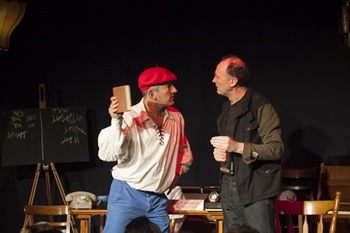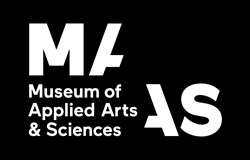When: Tuesday 13th November, 2:00pm – 3:30pm
Where: L3, Level 2 to the left of the registration/foyer area, down the hallway and through the doors on the right
Hashtag: #T11
Meet senior science communicators from all parts of the industry and find out their tips for success.
Mentors include Dr Karl Kruszelnicki, journalists from ABC, Fairfax and Nature, people from large organisations like Questacon and Universities, successful freelancers, senior ASC figures and more.
In small groups of similar interests you’ll spend ten minutes with a few mentors, getting their thoughts and asking some questions.
Could be the inspiration for your future career!
** Spaces strictly limited, RSVP for this session during registration. **
** All attending this session will be listed on this session page as they register to attend. **
Session Producer, Workshop facilitator, Presenter
Dr Phil Dooley, Galactic Commander, Phil Up On Science and ASC national vice-president
Mentors
Karl Kruszelnicki (Broadcaster and author) was given this good advice early in his media career: “Avoid opinions, stick to the facts”. Sometimes, you’re lucky.
Broderick Matthews (Acting National Programs Manager, Questacon) began his sci comm journey playing security guard Max Power in a CSI-style murder mystery. Since then he’s travelled from Broome to Bourke with Questacon, exploring the science behind bagpipes, the technology in game controllers, the engineering in play dough and the maths of catapulting cream pies.
Craig Cormick (ASC National President) has been a science communicator for over 25 years, working inside government agencies like Questacon and the CSIRO, as well as outside and around them, and now runs his own company – specialising in risk communication and community engagement.
Stephen Pincock (Nature) was a science journalist at Reuters, The Scientist and the Financial Times before writing popular science books and working as a science book publisher. He now leads a global editorial operation that includes Nature’s careers and supplements journalists and a team that helps institutions tell their science stories on the world stage.
Dr Bobby Cerini (Deputy Director and General Manager, Science and Learning A/g, Questacon) is currently the acting Deputy Director and General Manager of Science and Learning at Questacon. She works to ensure that science learning and engagement outcomes throughout Australia are met through the programs and exhibits run by Questacon.
Penny Palmer (Catalyst, ABC) As an ex-BBC now ABC science television programme maker, the secret to Dr Penny Palmer’s success is her curiosity and desire to understand how the world ticks – she studied parasitic Crustacea living inside starfish for her PhD. That’s a keen sense of curiosity.
Genelle Weule (ABC Science) started out with a health sciences degree. Then she became a journalist and embraced the internet when it was still spelt with a capital “I”. Today she is a senior science reporter, editor and digital producer at ABC Science covering everything from astronomy to zoology.
Jenni Metcalfe (Director, Econnect Communication) has been a science communicator for almost 30 years because she couldn’t decide what to be when she grew up: scientist or journalist. She still can’t decide and she still hasn’t grown up, but she loves bringing science to life through words, images and good old fashioned conversation.
James Hutson (Explanation designer, Explanovision) is a writer, illustrator & animator who creates clear & engaging explanations of complex information for non-experts and has been involved in the visual communication of science for over 20 years.
Lisa Bailey (Exhibition Manager, MOD & ASC National Vice-President) has worked in cultural institutions in the UK and Australia. At the Royal Institution of Australia she helped design hundreds of science engagement events for communities across Australia, including producing the SCINEMA International Science Film Festival. She’s now at MOD. at UniSA, designing exhibitions for Australia’s leading future-focused museum, provoking new ideas at the intersection of science, art and innovation.
Lizzie Crouch (Senior Coordinator of Engagement, SensiLab, Monash University) still finds it incredibly difficult to define what she does, having worked as documentary maker, journalist and presenter, art season producer and public engagement consultant (among others things!). But she’s committed to interdisciplinary approaches that create inspiring, engaging opportunities for new conversations around scientific content!
Marcus Strom (Media Advisor, University of Sydney) has a science degree but accidentally became a journalist while living in London last century. Recently was science reporter for Sydney Morning Herald.
Marina Hurley (Director, Writing Clear Science) In the distant past, Marina did a PhD on Stinging Trees. She now specialises in teaching how to write clearly, concisely and efficiently – and plays flamenco percussion on her days off.
Phil Dooley (Phil Up On Science and ASC National Vice-President) As a freelancer and in research institutions Phil has run physics workshops for thousands of high schoolers, written for publishers such as Nature and Cosmos, and told bad science jokes in pubs.
Toss Gascoigne (Visiting Fellow, ANU) walked into a job with CSIRO knowing nothing, but ended up running 1700 communication training workshops for scientists, inventing ‘Science meets Parliament’, running a national advocacy body for science and helping establish Australian Science Communicators.
Jen Martin (Senior Lecturer in Science Communication, University of Melbourne) used to study the sex lives of possums. A decade ago, she founded the scicomm teaching program at UniMelb. She’s been talking science on 3RRR radio for the last 12 years, writes a popular science blog and also loves writing about science for kids in Double Helix magazine.
Attendees
Andy Stapleton, CEO and Founder of verbalize.science
Anna Attard, Research Assistant and Masters Student, University of New South Wales
Anne-Sophie Dielen, The Australian National University
Dr Astha Singh, Vice President | ASC NSW, ASC
Caleb McElrea, University of Melbourne
Catharina Vendl, University of New South Wales
Dr Catherine Dorey, Consultant, Fish & Fisheries | Science Communication | Campaign Strategy
Catherine Healy, Science Communication Advisor, Environment Protection Authority Victoria
Catherine Somerville, Doherty Institute
Clare Watson, NSW Office of Environment and Heritage
Emma Saville, EPA Victoria
Errol Hunt, FLEET: ARC Centre of Excellence
Jackie Randles, Manager Inspiring Australia NSW, Inspiring Australia
Jane Ilsley, Econnect Communication
Jessica Heinemann, Centre for Biopharmaceutical Innovation – UQ
Jun-Ting Yeung, University of Melbourne
Kimberly Cullen, Managing Director, Crafting Astronomy Communication
Laura McCaughey, UTS
Lee Byrne, Victorian Comprehensive Cancer Centre
Matt Nurse, Masters degree candidate, CPAS, Australian National University
Meagan Vella, NPWS
Melina Gillespie, Communication Advisor, CSIRO Energy
Micaela Jemison, Science Communicator, Smithsonian Institution
Michael Helman, Communicatrium
Michelle Neil, Australian Citizen Science Association
Michelle Riedlinger, Associate Professor, University of Fraser Valley, Canada
Naomi Koh Belic, University of Technology Sydney
Nicole Fetchet, Questacon – The National Science and Technology Centre
Rachel Rayner, Science Communicator, Australian Volunteers Program
Rebecca Blackburn
Ruth Redfern, CRDC
Sally Grosvenor, CDPC, University of Sydney
Sarah Buchan, The Mullion Group
Sheryn Pitman, Programme Manager Inspiring South Australia, South Australian Museum
Susan Rauch, Lecturer, professional writing (science and technology), Massey University, School of English and Media Studies
Tyrone Anderson, ASPIRE – UNSW
